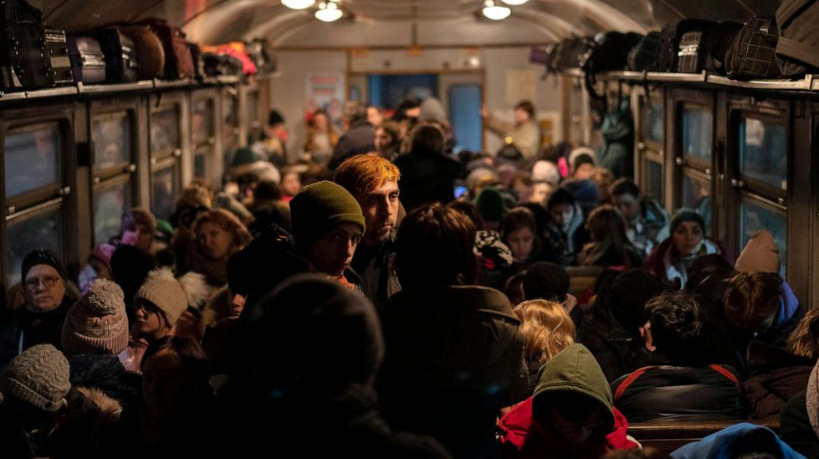Things have stabilized, but “the needs are more longer-term,” one advocate said.
More than 8 million refugees from Ukraine have been recorded across Europe as of Tuesday, nearly one year since Russia invaded, according to the U.N. refugee agency.
Poland has seen the largest numbers of Ukrainian refugees, estimated to be around 1.5 million, followed by other European countries like the Czech Republic and Slovakia, due to the ongoing war in Ukraine.
Celina Kretkowska-Adamowicz, director of program operations for Save the Children in Poland, told ABC News that, as of now, “the biggest need is financial support.”
Save the Children has been operating in Poland since February 2022, when Ukraine was first invaded, Kretkowska-Adamowicz said.
Though people are still crossing the border from Ukraine to Poland, “now, the situation is more stable, the movement of people is also more stable, and the needs are more longer-term,” she said.
Kretkowska-Adamowicz said “child protection, education and the provision of emergency assistance through cash voucher[s]” are among some of those longer-term needs that Save the Children has been helping with.
Some refugees have also attempted to move back to Ukraine, Kretkowska-Adamowicz said.
“But then after a while, they find out that they are not able to live like this,” she said, “and then they decide to go back to Poland.”
Of the more than 17,000 people surveyed by the U.N. from October 2022 to February that have been displaced because of the war in Ukraine, 24% said they have visited home at least once since they initially left.
Some of the top reasons listed included visiting relatives and obtaining documents.
“Many people from Poland go to Ukraine for a short period of time, for example, to see their family or to attend to some formal issues,” Kretkowska-Adamowicz said.
Others, however, do the opposite, Kretkowska-Adamowicz said.
“There are many cases of people who are crossing to Poland, for example, just to do shopping on the Polish side and then they come back to Ukraine,” she said.
As more refugees are settling in host countries, education and mental health have become more prominent issues, she added.
“Access to inclusive and equal education is difficult,” Kretkowska-Adamowicz said. “We are seeing as well, now, increasing issues related to mental health.”
